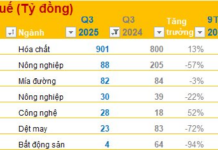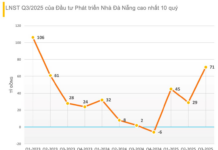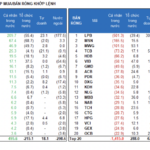The New York Times (NYT) reports that in just four short days, Beyond Meat’s stock, once a symbol of the “plant-based meat revolution,” surged over 1,000%. This astonishing rally, propelling the stock from mere cents to hundreds of dollars, left Wall Street stunned and Reddit forums buzzing, reminiscent of the GameStop frenzy in 2021.
However, this surge had nothing to do with Beyond Meat’s products or financial performance. Instead, it was driven by greed, fear, and the enthusiastic tweets of retail investors.
Short Selling
In 2019, Beyond Meat debuted on Nasdaq with unprecedented hype: investors clamored to buy, the stock tripled on its first day, and the young company was valued at nearly $14 billion. Yet, within years, the “plant-based future” narrative lost its luster. Inflation pushed consumers back to cheaper real meat, sales stagnated, and losses mounted.
By early October, Beyond Meat teetered on the brink of bankruptcy. The company swapped debt for equity, easing financial pressure but diluting shareholder value, sending the stock plummeting to nearly $0.50. Many thought the “Beyond” journey had ended there.
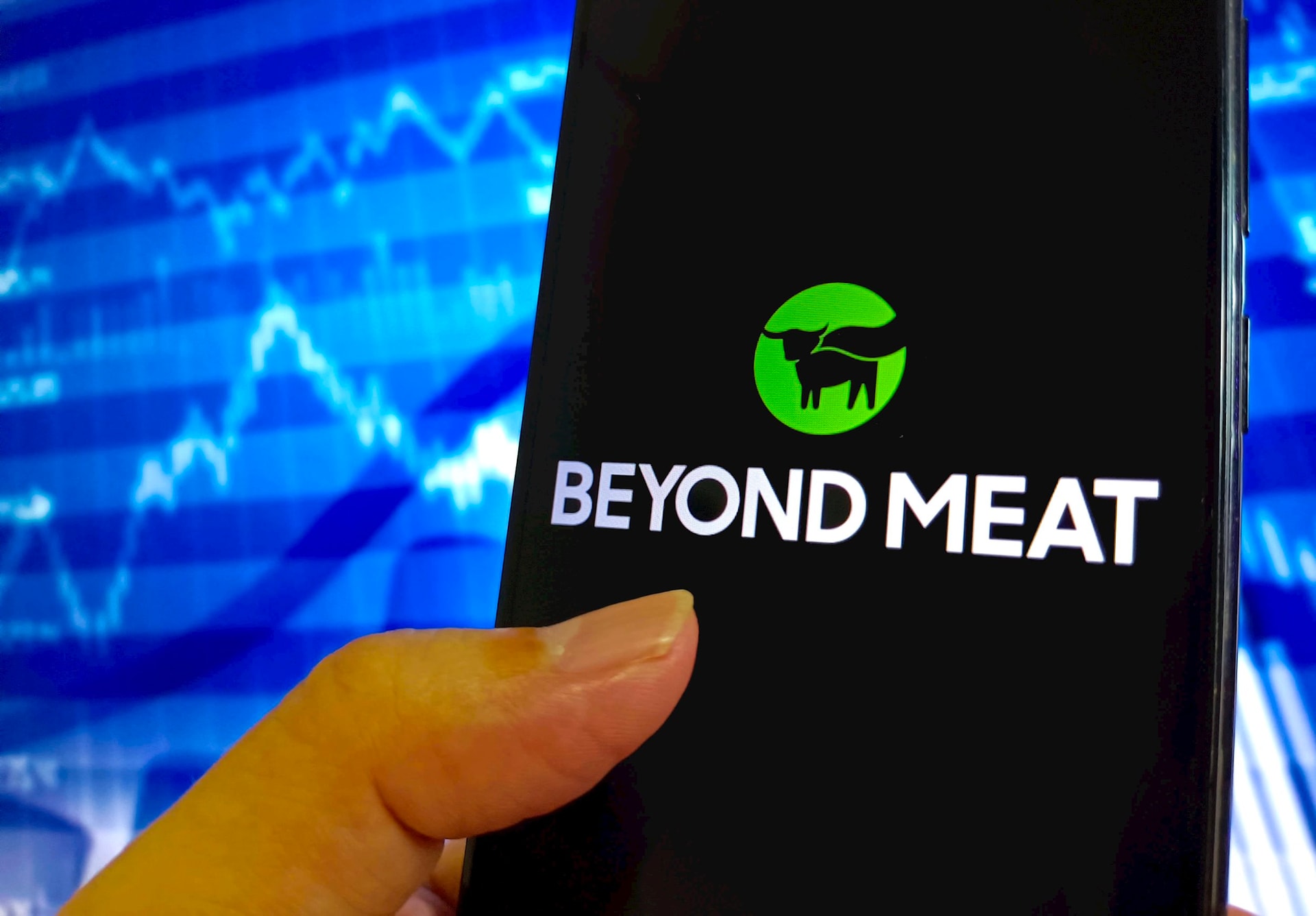
Ironically, this collapse ignited a bizarre revival dubbed “Buy the dip,” a mantra familiar in the meme stock world of retail traders, detached from a company’s fundamentals like revenue or profit.
Specifically, Beyond Meat’s near-junk stock price created the perfect “Short Squeeze” opportunity. Retail traders, often gathering on platforms like Reddit, identified Beyond Meat as an ideal target. With an astronomically high short interest, retail buying pressure began to push the stock up, forcing short sellers to buy back shares to cut losses, triggering a classic Short Squeeze.
It’s worth noting that Beyond Meat was one of the most heavily shorted stocks, with over 60% of its free float sold short. When the stock surged, short sellers were compelled to buy back shares, creating the Short Squeeze effect that famously sent GameStop soaring in 2021.
Remarkably, this price surge originated from social media forums.
Since last weekend, Reddit threads and financial YouTube channels have been flooded with calls to buy Beyond Meat stock. “Capybara Stocks,” a Dubai-based trader, emerged as a rallying figure, much like “Roaring Kitty” did for GameStop. Hundreds of comments, memes, and videos spread with a shared mission to drive the stock higher.
Trading volume skyrocketed to unprecedented levels, with hundreds of millions of shares changing hands daily. The market’s driving force was no longer business performance but collective euphoria and speculative betting.
Experts warn of history repeating itself, as past stock frenzies like GameStop, AMC, and BlackBerry ended in sharp declines once the excitement faded.
Despite the stock’s meteoric rise, Beyond Meat’s business fundamentals remain fragile. The company has yet to escape its streak of quarterly losses, the plant-based meat market is slowing, and long-term investor confidence is nearly depleted.
According to NYT, about 2/3 of analysts recommend “selling” Beyond Meat stock. Yet, in an era where clicks and hashtags can generate hundreds of millions in market cap within hours, emotional narratives often overshadow financial realities.
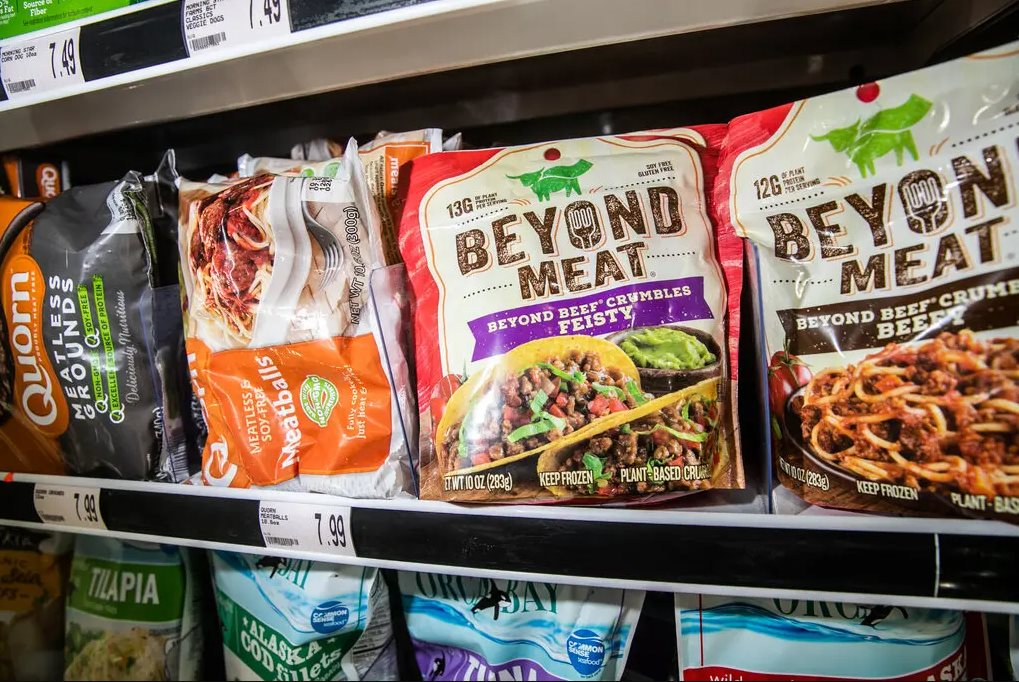
Beyond Meat’s explosion thus exemplifies a “market of short-term sentiment,” where investors speculate on waves rather than value. It highlights the power of digital crowds but also echoes the bitter lessons from GameStop and AMC: after the frenzy, prices inevitably crash.
Beyond Meat’s stock is everywhere, not because its plant-based burgers taste better, but because it’s the latest stage for investors gambling on collective emotion. While it may bring fleeting excitement, this phenomenon underscores a sobering truth: in volatile markets, retail investors often follow the crowd and emotions rather than intrinsic value.
Sources: NYT, Fortune, BI
Optimizing the Securities Law: Further Tailoring the Corporate Bond Market?
The corporate bond market is undergoing a transformation to restore investor confidence after a series of setbacks. With impending revisions to the Securities Law, this market is expected to face further technical tightening measures.













